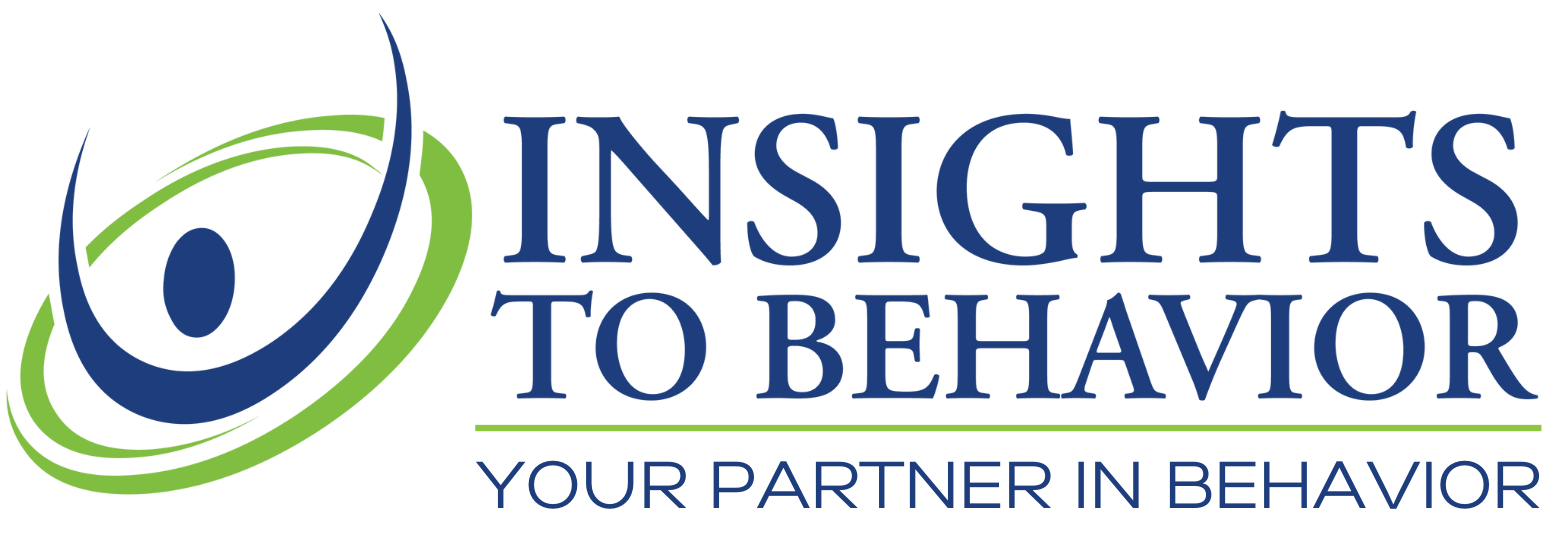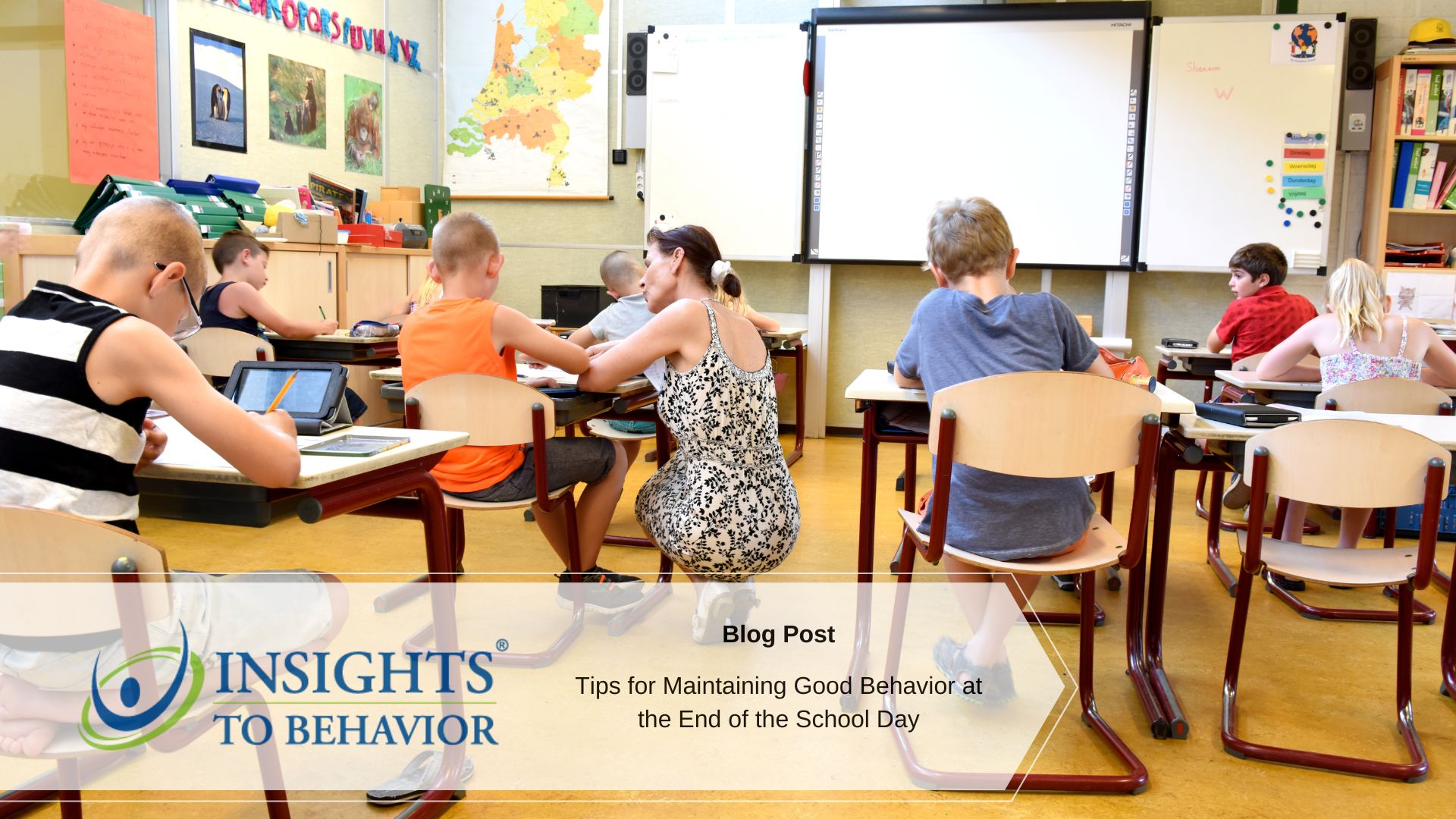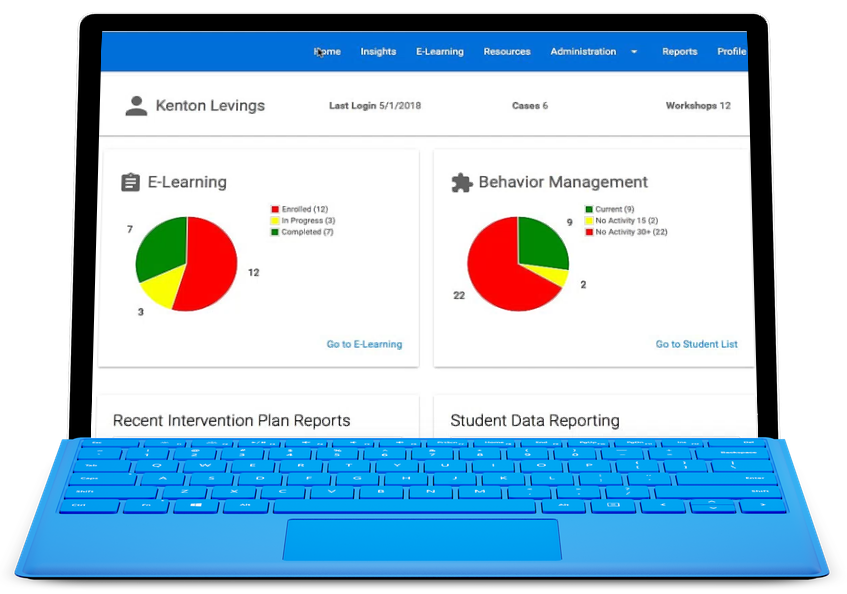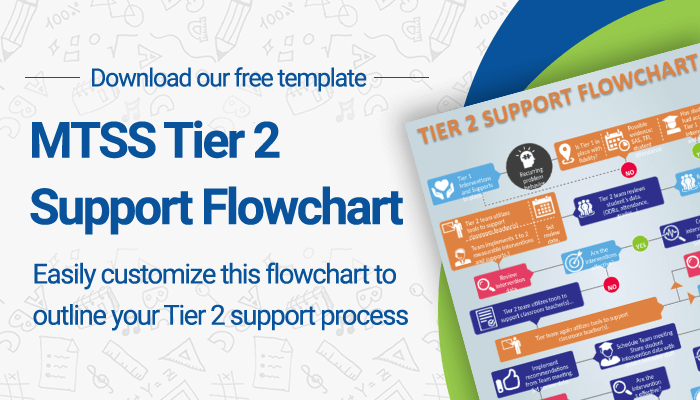It’s nearing the end of the school day, and everything has gone to plan so far. Suddenly, the careful classroom peace is disrupted when a normally well-behaved student has a meltdown.
Is this scenario a common complaint among your teachers and special needs educators? If so, you may be searching for strategies to help instructors improve end-of-day behaviors in an in-person or virtual classroom.
This guide will help you understand why children may act out after lunch and what can be done about it. Read on to learn positive reinforcement, relaxing activities, and other strategies to prevent disaster at the end of the school day.
Why Do Children Act Out at the End of the School Day?
There are many reasons why children act out toward the end of the school day. The good news is that if disruptive behavior only emerges during one time of the school day, the child likely does not have a condition like oppositional defiant disorder (ODD).
It is also a sign that this behavior is mendable with the right approach. Before teachers start planning activities to address end-of-day oppositional attitudes, it can help to understand where the behavior is coming from.
Here are three possible reasons an otherwise well-behaved child might act out at the end of the school day.
Young Children Are Not Used to Their School Schedule
Elementary-age students may not have adjusted to their new school schedule. End-of-day misbehavior of this kind may be especially apparent early in the school year and dissipate as the child adjusts.
Misbehaving at the end of the school day can also affect children in years beyond kindergarten. For example, a first grader might act out at the end of the day because they are used to nap time from the previous year.
Teachers Typically Assign Work at the Beginning of the Day
Studies show that children tend to focus best in the morning. Concentration peaks at about 11 a.m. Knowing this, many instructors front load school work and activities at the beginning of the day.
By the time the afternoon rolls around, children may simply be too tired to regulate their emotions and behaviors. Even the most well-behaved children may act out when they are tired or, as we will discuss next, hungry.
Students May Not Get Enough Nutrition at Lunchtime
Nutrition has a significant impact on how we feel and behave, and children are no different. For example, studies have shown that diets high in unhealthy fats, sugar, and salt may trigger ADHD symptoms in some children.
Eating enough nutrients is just as important for children without ADHD. Food is fuel, and without enough calories, children may lose energy toward the end of the day, resulting in disruptive behavior.
Science-Backed Ways to Maintain Good Student Behavior at the End of the Day
Teachers don’t have to deal with end-of-school-day misbehavior forever. There are effective, science-backed strategies for regaining classroom control when one or more students misbehave.
Many of these strategies can be applied proactively. In other words, teachers can use them to prevent misbehavior. It is much easier to avoid disruptions in the first place than to try to manage misbehavior when it’s happening.
With that in mind, here are our top tips for encouraging good student behavior at the end of the school day.
Assign Special End-of-Day Tasks
One of the primary reasons some children struggle to adjust to a new school schedule is due to a lack of control. At home, they may be able to eat, nap, and go to the bathroom when they want. School is different.
Teachers can empower children and give them a sense of control over the end of their school days. Assign disruptive children special tasks after lunch that motivate them to stay focused and on-task.
Pay Attention to Seating Arrangements
Seating arrangements in the classroom have a significant impact on disruptive behavior. For example, row seating tends to be most effective at keeping students on-task, especially when completing assignments independently.
Start by evaluating a disruptive student’s line of sight. Teachers should ensure the child can’t establish eye contact with fellow disruptors. Also, consider seating these students in the front row for more direct student-teacher contact.
Use Positive Reinforcement
Children respond well to incentives. One way to implement rewards for good behavior at the end of the school day is with a Daily Report Card. Teachers set out specific expectations and reward children who meet them.
Rewards can be in the form of praise. Or instructors can offer a tangible reward like a gold star. Another option is to offer a tasty snack for good behavior; studies show that children behave better immediately after having sugar.
Define Expectations Ahead of Time
Teachers who don’t want to use reward systems can benefit from setting clear expectations. Instructors should outline what is appropriate end-of-day behavior, why it is appropriate, and the consequences of non-compliance.
When it comes time to enforce those expectations, apply consequences consistently. Children who notice unequal enforcement of the rules may end up misbehaving even more due to perceived unfairness.
Plan Relaxing End-of-Day Activities
If students misbehave at the end of the day due to fatigue, the best teaching strategy may be to give them a break. Consider incorporating these after-lunch activities to promote a peaceful in-person or virtual learning environment:
- Tell a story
- Have silent reading time
- Encourage reflection journaling
- Listen to an audiobook
- Watch an educational video
- Play the cleanup game
The activity teachers choose can vary based on the day of the week. That way, students will have something exciting and engaging to look forward to at the end of the day, giving them a much-needed energy boost.
Get Behavioral Intervention Advice
Trouble adjusting, fatigue, and poor nutrition are all potential reasons children misbehave at the end of the school day. Address these issues before they cause disruptions with positive reinforcement, clear expectations, and other strategies discussed in this post.
Are these tips insufficient to help with the behavioral issues in your school’s classrooms? Insights to Behavior can help your teachers regain control using Applied Behavior Analysis (ABA) as a guide.
Enroll in our free webinar on managing student behavior to learn more.



